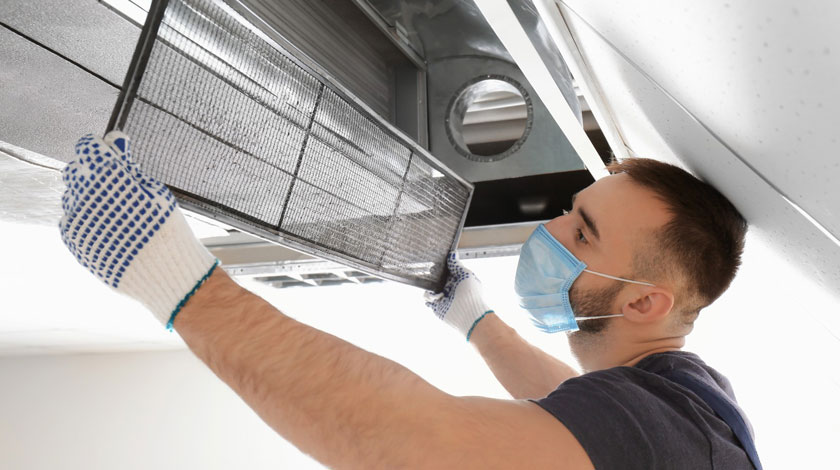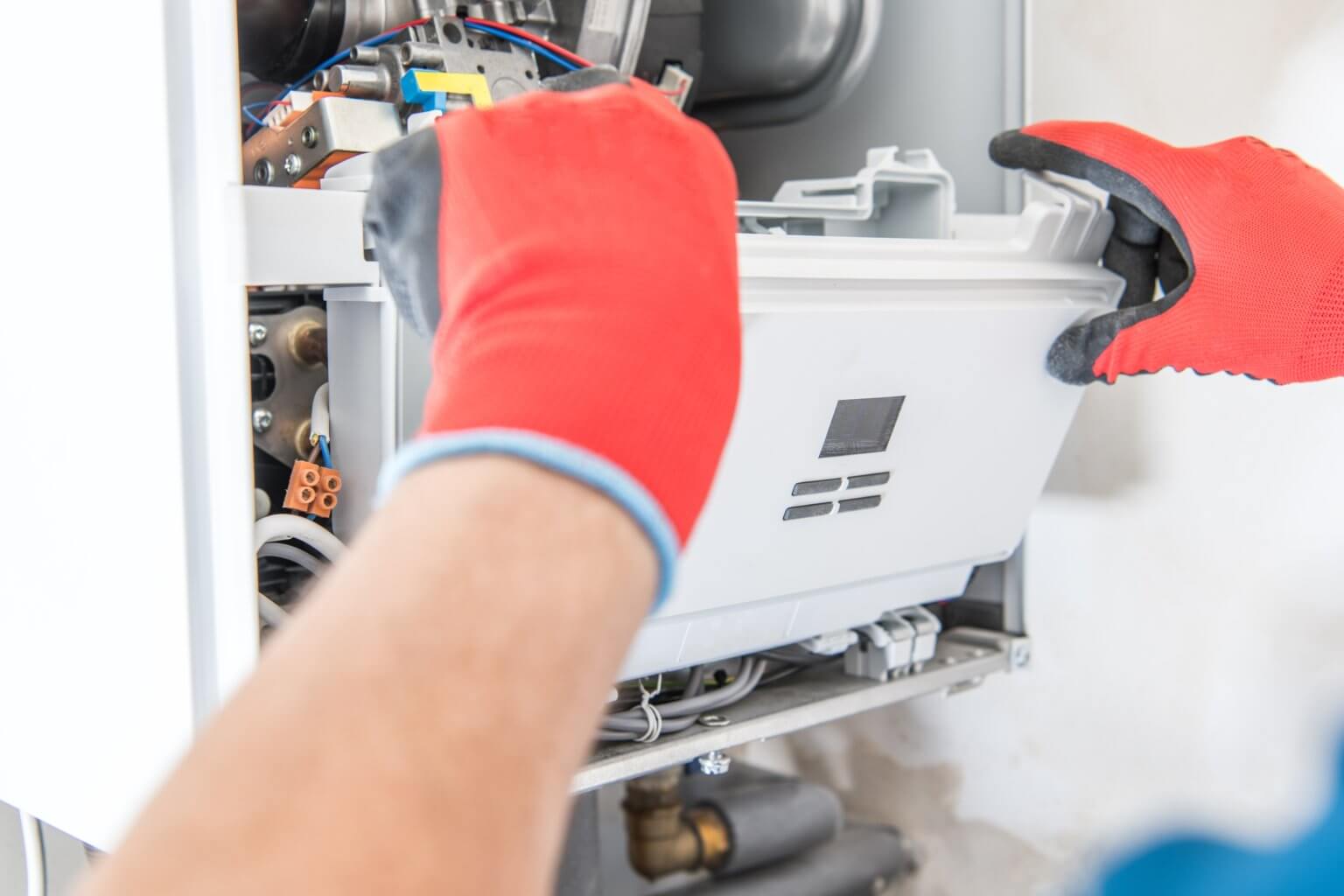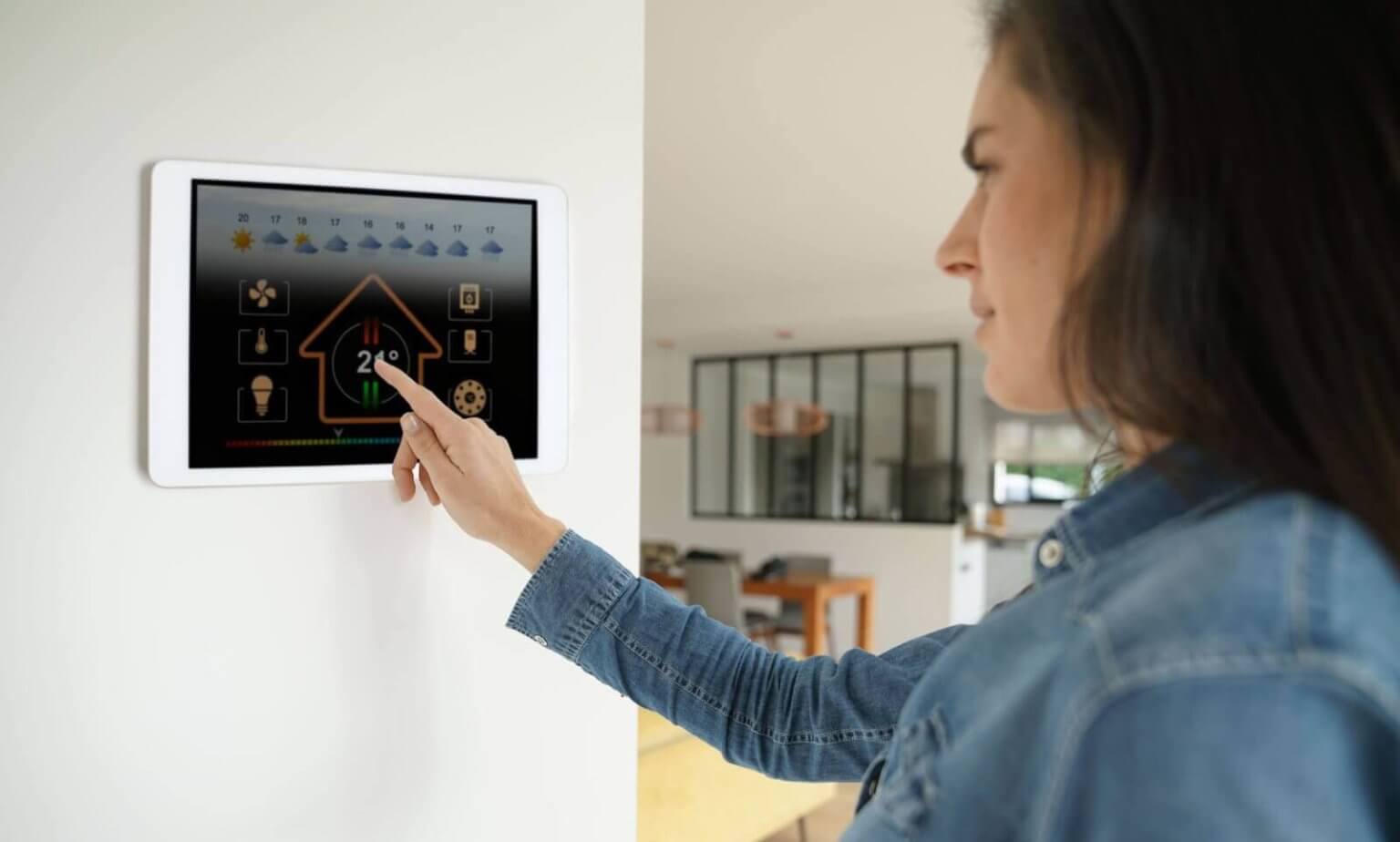What Is The Cheapest HVAC Option?
Introduction
In today's world, climate control is more crucial than ever. With fluctuating temperatures and increasing energy costs, finding effective yet affordable heating, ventilation, and air conditioning (HVAC) solutions is on everyone's mind. It's not just about comfort; it’s about sustainability and reducing energy bills too. Whether you're looking to install a new system or upgrade an Take a look at the site here old one, understanding your options can save you a fortune in the long run.
Why Choose Budget-Friendly HVAC Solutions?
When it comes to climate control, budget-friendliness is often at the forefront of our minds. But why should you prioritize affordable HVAC options? For starters:
So, if you've been searching for "HVAC near me," you're in the right place! This article will guide you through various budget-friendly climate control options available today.
Understanding HVAC Systems
What Is an HVAC System?
HVAC stands for Heating, Ventilation, and Air Conditioning. These systems are responsible for regulating indoor climates by controlling temperature and air quality.
Components of an HVAC System
An HVAC system typically consists of:
- Heating Units: Such as furnaces or heat pumps
- Cooling Units: Like air conditioners
- Ventilation Systems: To ensure proper airflow
- Thermostats: For temperature regulation
Understanding these components will help you make informed decisions when seeking out budget-friendly options.
Types of Affordable HVAC Systems
1. Central Air Conditioning Systems
Central air conditioning systems are popular for cooling large spaces effectively.
Pros and Cons
| Pros | Cons | |------------------------------|-------------------------------| | Efficient cooling | Higher initial cost | | Even temperature distribution | Requires ductwork |
These systems can be costly upfront but can lead to savings over time due to their efficiency.
2. Ductless Mini-Split Systems
Ductless mini-split systems offer flexibility and efficiency without extensive ductwork.

Pros and Cons
| Pros | Cons | |----------------------------------|-------------------------------| | Easy installation | Higher cost per unit | | Zone control | Requires outdoor unit placement|
These units are excellent for specific rooms or additions where ductwork isn't feasible.
3. Heat Pumps
Heat pumps serve as both heating and cooling systems, making them versatile options.
Pros and Cons
| Pros | Cons | |-----------------------------------|-------------------------------| | Energy-efficient | Less effective in extreme cold| | Lower operating costs | Initial investment can be high|
Heat pumps are particularly effective in moderate climates.
4. Window Air Conditioners
For smaller spaces, window air conditioners can serve as an affordable alternative to central units.
Pros and Cons
| Pros | Cons | |---------------------------------|--------------------------------| | Cost-effective | Limited coverage | | Easy installation | Less efficient than central AC |
These units are ideal for apartments or single rooms needing cooling during summer months.

Factors Influencing Your Choice
Size of Your Space
The size of your area significantly impacts your choice of HVAC system. Larger spaces require more robust solutions like central air conditioning, while smaller areas may benefit from window units or ductless mini-splits.
Climate Considerations
Your local climate also plays a vital role in determining which system would work best for you. If you live in a region with mild winters, a heat pump might be ideal; however, colder regions might necessitate a furnace or boiler.
Energy Efficiency Ratings (SEER)
Look out for Seasonal Energy Efficiency Ratio (SEER) ratings when choosing an HVAC system; the higher the rating, the more efficient the unit will be at cooling your home without excessive energy consumption.
Installation Costs vs Long-term Savings
Understanding installation costs versus long-term savings is essential when evaluating budget-friendly options. While some systems may have lower upfront costs, they could lead to higher ongoing expenses due to inefficiency.
Comparative Table of Installation Costs
| System Type | Average Installation Cost | Estimated Annual Operating Cost | |-----------------------------|-----------------------------|----------------------------------| | Central AC | $3,000 - $7,000 | $400 - $600 | | Ductless Mini-Splits | $2,000 - $5,000 | $300 - $500 | | Heat Pumps | $4,500 - $8,000 | $200 - $400 | | Window Units | $150 - $600 | $100 - $200 |
It's clear that while some options may seem less expensive up front (like window units), others like heat pumps may yield significant savings on energy bills over time.
Maintenance Tips for Affordable HVAC Solutions
Taking care of your HVAC system ensures its longevity and efficiency—this is particularly important with budget-friendly solutions that often come with lower warranties or service agreements.
1. Regular Filter Changes
Changing filters regularly keeps your system running efficiently by ensuring unobstructed airflow and improved air quality.
2. Annual Tune-ups
Scheduling annual maintenance checks can catch potential issues before they become costly repairs down the line.

3. Clean Coils
Cleaning condenser coils helps maintain efficiency—after all, dust buildup can lead to overheating!
DIY vs Professional Installation: What’s Best?
One question many homeowners ask is whether they should attempt DIY installations or hire professionals:
- DIY installations can save money but require skill and knowledge.
- Professionals ensure everything meets code requirements and operate efficiently from day one.
Ultimately, weigh your own capabilities against potential risks before making a decision!
Financing Options for Budget-Friendly HVAC Solutions
If cash flow is tight but you still need an efficient system installed now rather than later—don’t fret! There are financing options available:
FAQs
1. What does "HVAC" stand for?
HVAC stands for Heating, Ventilation, and Air Conditioning—it covers all aspects related to climate control in residential spaces.
2. How do I know what size HVAC system I need?
You can calculate this using BTUs (British Thermal Units). A professional contractor can assess your space accurately for proper sizing recommendations!
3. Are ductless mini-split systems really cost-effective?
Yes! Although they may have a higher upfront cost than traditional units; their ability to zone-control temperature leads to significant energy savings over time!
4. How often should I change my air filter?
Generally speaking—every one to three months depending on usage! Check manufacturer guidelines for specifics based on model type too!
5. Can I install my own window AC unit?
Absolutely! Just follow instructions carefully ensure it's sealed properly against drafts while also ensuring safety precautions during electrical connections!
6. Do I need special permits when installing new systems?
Permit requirements vary by location but typically yes—consult local building departments beforehand if unsure about regulations before starting any projects involving structural changes too!
Conclusion
Finding budget-friendly climate control solutions doesn't have to feel overwhelming! By understanding different types of HVAC systems available—from central ACs down through window units—and considering key factors such as size requirements & energy ratings—you'll make informed choices that suit both needs AND budgets alike! Don’t forget regular maintenance routines keep everything running smoothly throughout each season either! So next time someone asks “Where’s the nearest ‘HVAC near me’?” You’ll confidently know how best respond armed with knowledge gained here today!